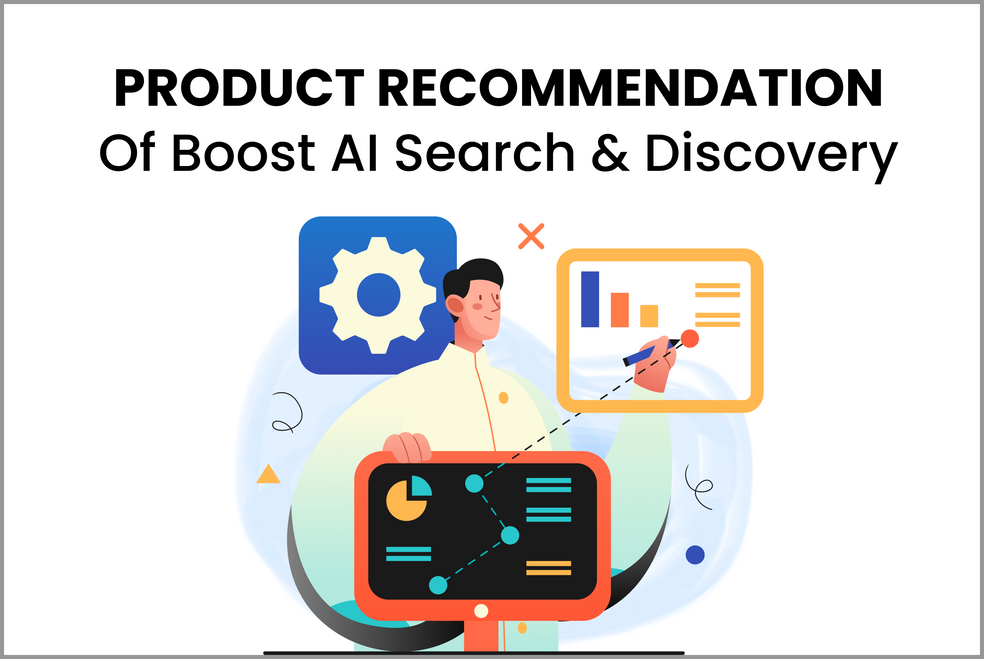What is Search Relevance?
Search relevance measures how accurately and quickly a search engine can find and present the most relevant information in response to a user’s search query. It is a key component of successful search engine optimization (SEO) and can be critical to the success of a website.
A website’s search relevance can often be improved by optimizing content, metadata, and other elements to ensure that search engines can quickly and accurately identify the most relevant information. Good search relevance also depends on the quality of the search engine itself, which should be able to accurately parse natural language queries and return relevant results.
AI-powered Search Relevance
AI-powered search relevance is a powerful tool for improving the overall search experience. By leveraging the power of machine learning and natural language processing, AI-powered search relevance can provide much more accurate search results than traditional keyword-based search.
Instead of simply matching keywords to database fields, AI-powered search relevance can understand the context and intent of a user’s query and provide personalized results that are tailored to their individual needs. This helps to ensure that users get the most relevant information that meets their needs in the shortest amount of time.
Additionally, AI-powered search relevance can reduce the amount of time spent on irrelevant search results, improving efficiency and productivity. All of these benefits make AI-powered search relevance an invaluable tool for improving the overall search experience for users.
AI Search Relevance vs. Normal Search Relevance
AI search relevance is becoming increasingly important for businesses today. AI-driven search engines are able to provide more accurate and personalized results to users, allowing them to find what they are looking for faster.
AI search relevance is powered by machine learning algorithms that can learn from user data to better understand their intent and preferences. This means that AI search relevance can more accurately provide the most relevant search results for users.
In comparison, normal search relevance relies on traditional algorithms which are not as effective at understanding user intent and preferences. These algorithms are often unable to provide personalized results, meaning that users may not be able to find the most relevant information for their search query.
In conclusion, AI search relevance is becoming increasingly important for businesses in order to provide the most accurate and personalized search results to their customers. AI search relevance is powered by machine learning algorithms which can learn from user data and provide more relevant search results than traditional algorithms.
Why is it important?
Search relevance is a key part of providing a good user experience on any website, as it enables users to quickly and easily find the information they are looking for.
When a user searches for something on your website, they should be presented with the most relevant and useful results. Poor search relevance can lead to user frustration, as it can take much longer for them to find the information they are looking for or can lead them to incorrect results.
This can lead to a decrease in user engagement and conversions, as users may not have the patience to search again or may simply give up. With improved search relevance, users can find the information they need quickly and easily, leading to an increase in user engagement and a better user experience overall.
How to boost/improve Search Relevance on eCommerce stores?
One of the most important aspects of running a successful eCommerce store is having a good search engine. Improving search relevance is key to ensuring customers can find exactly what they’re looking for quickly and efficiently.
There are several steps you can take to improve search relevance on your eCommerce store.
Firstly, you should focus on building up a comprehensive product database. This should include accurate and detailed descriptions for each product, as well as using relevant keywords and phrases that customers might use in their search. This will ensure that customers can find the exact product they’re looking for and will help to improve overall search relevance.
Secondly, AI technology can help eCommerce stores to refine their search results and deliver more relevant results to their customers. AI algorithms can analyze customer searches and the products associated with them and then suggest related terms and products to the customers.
Additionally, AI can also track customer behavior and preferences, allowing eCommerce stores to tailor their search results based on a customer’s past purchases and searches.
Finally, you should use an advanced search tool. This can help to further improve search relevance by allowing customers to filter their search results more precisely. For example, customers can use filters such as product type, price range, color, etc. to narrow down the search results to exactly what they’re looking for.
By following these steps, you can ensure that customers can find exactly what they’re looking for quickly and efficiently, thus improving search relevance on your eCommerce store.
















